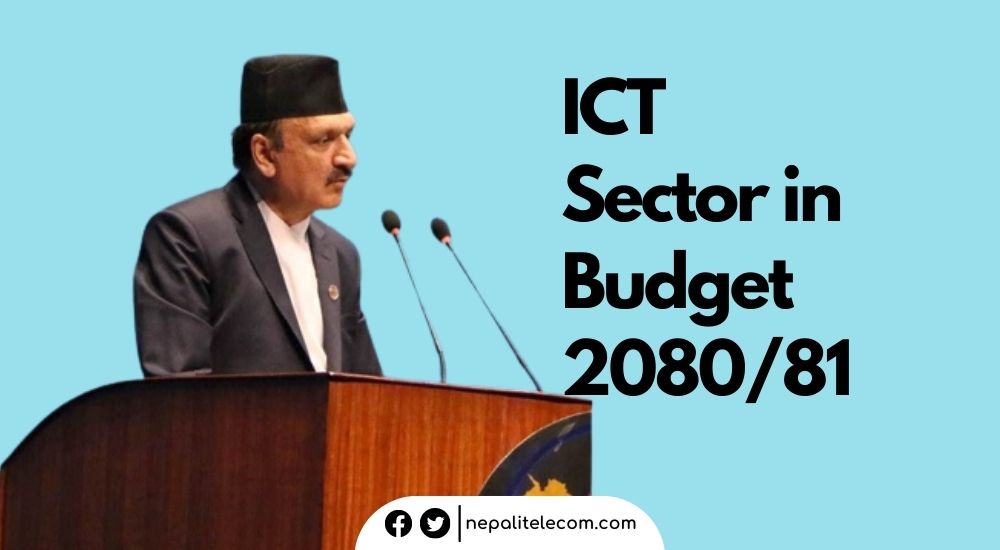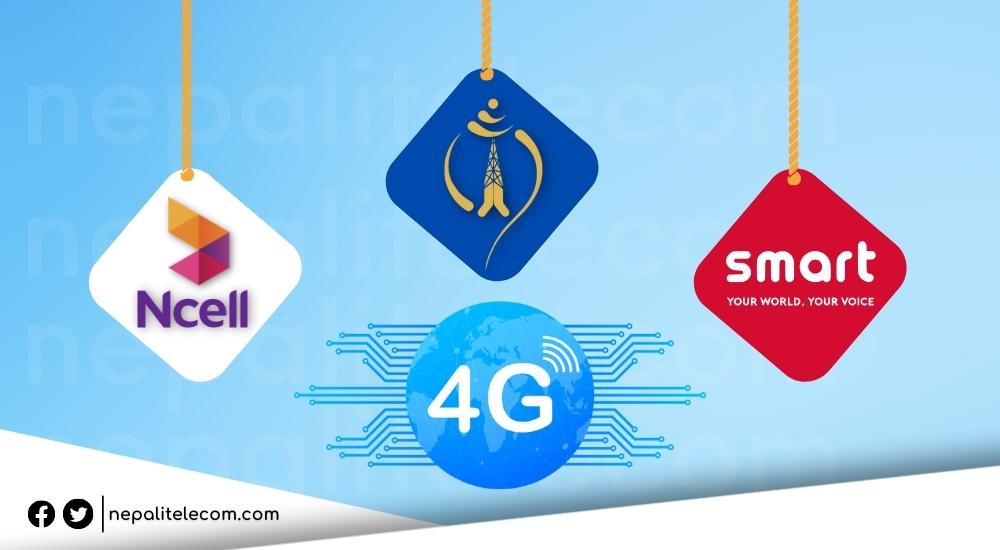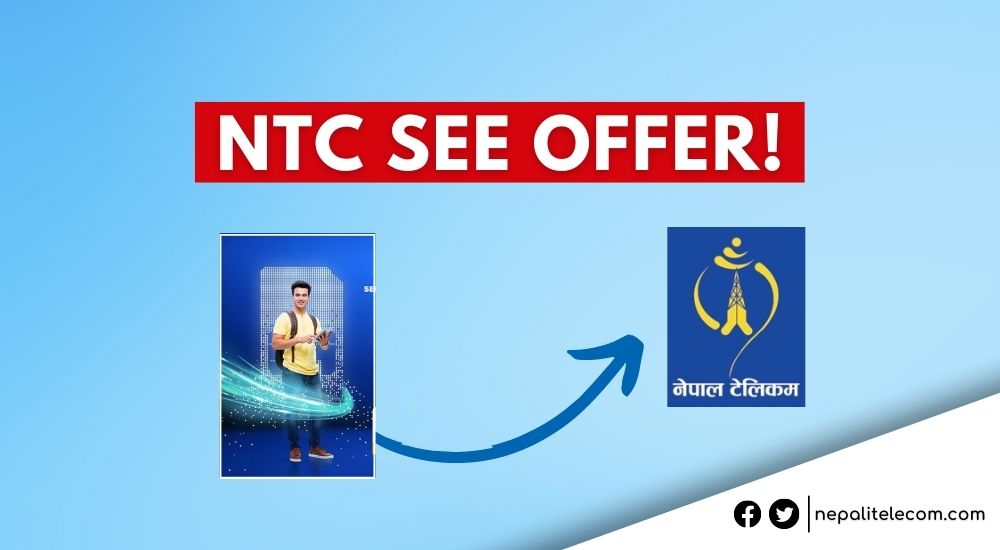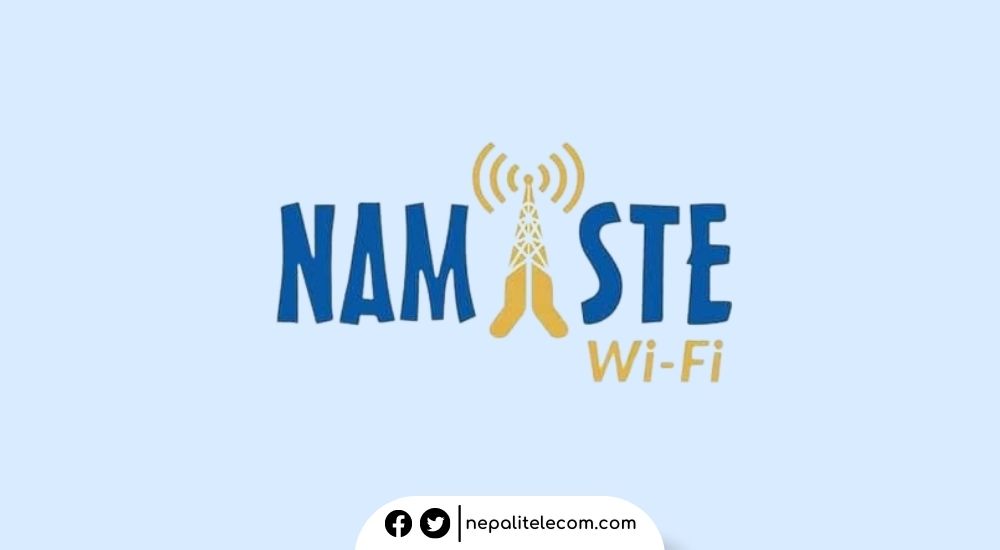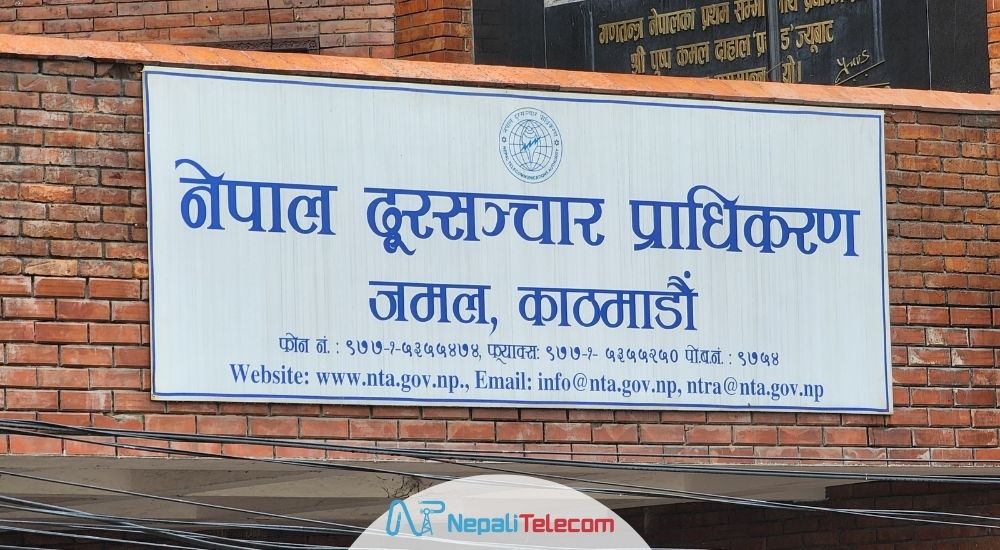The government of Nepal has unveiled its new set of information, communication, and technology plans, programs, and policies for FY 2080/81. Finance Minister Dr. Prakash Sharan Mahat announced the government’s fresh telecom & ICT policies in his budget speech for FY 2080/81 on Monday, Jestha 15, 2080 BS in a joint meeting at the federal parliament. The government announced a budget of 17 trillion, 51 billion, and 31 crores while Rs 8.71 billion went to the Ministry of Communication, Information, and Technology (MoCIT).
Key Telecom and ICT plans from Budget Speech FY 2080/81 BS
Fiber connectivity in all local level
Announcing the new ICT plans in his budget speech, the minister said that the government will bring high-speed fiber connectivity to all local levels, public schools, campuses, and health centers. Similarly, 4G expansion will continue to connect the country with high-speed mobile broadband.
Read this: Ntc 4G Coverage Reaches 98 Percent in Local Levels, Over 96 Percent Sites On-aired
IT park and data center
The government has announced that it will start the construction of an IT park at Khumaltar in Lalitpur. An IT park is an area where facilities and buildings are designed for IT companies and comprises IT activities.
Likewise, arrangements will be made to construct a data center in Kohalpur and Internet Exchange Center in Lalitpur. The government will also perform a feasibility study for the construction of a data center in Dharan and internet exchanges in Butwal.
15% excise rate on SIM cards
From the next fiscal year, the government will charge a 15% excise rate on SIM cards and memory cards. Smart cards will also attract a 10% excise duty. Digital camera and television camera video camera records will incur a 5% excise rate.
National Cyber Security Center into operation
The National Cyber Security Center has come into operation and will help reduce cyber security risks. The government will also regulate social media, digital platforms, and digital media from the upcoming fiscal year.
Government payment through QR code
The government will now make arrangements for QR payment for its public service charges. The decision will help realize a cashless government concept. Likewise, the practice will follow in order from all the federal bodies to the unified office management system.
Similarly, documents at customs will also become electronic to make the process more transparent and straightforward. Modern equipment will also come into use for inspection of the goods in the vehicles.
Collaboration for EV charging stations with private companies
The government also announced that it will join hands with private companies to set up electric vehicle charging stations. Nepal Electricity Authority (NEA) is setting up 51 EV charging stations around the country but now will partner with private entities to multiply the number. The government expects the move to promote the shift towards eco-friendly vehicles in the country.
Land-related administrative works to be shifted online
Likewise, the government has decided that it will digitalize all the works and administrative procedures related to the land. With the slogan “Good Governance of Land Administration”, land-related activities will be carried over online.
Mappings and land information will be based on an online service system. The public will receive services such as trace maps electronically.
Government to digitalize public libraries
The government also plans to digitalize public libraries in FY 2080/81. As part of this plan, the Keshar Library and Dilli Raman Kalyani Regmi Memorial Library in Kathmandu, and National Library in Bhaktapur will go through digitalization.
Expanding access to the Nagarik App
Mr. Mahat also announced a plan to improve access to the Nagarik app. By promoting the digital literacy of the public, the government seeks to bring the government-operated multi-purpose app to more people.
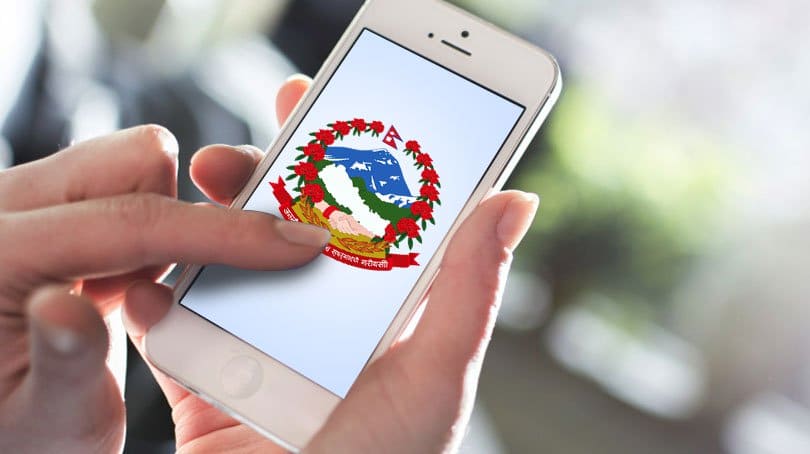
Revision for the Digital Nepal Framework
The government will make necessary revisions to the Digital Nepal Framework and implement it. It’s the guideline for the digital transformation of Nepal and includes all the key roadmaps for the country’s digital goals.
Read this: NCIT Commences Digital Literacy Program on the Nagarik App Usage
Nepali returnees may bring TV of any size into Nepal
In one of the highlights, the finance minister shared that from FY 2080/81, Nepali citizens working abroad can bring TV of any size into Nepal without customs charges. But there is a condition. A person in concern must have worked for at least 12 months in the country they are coming home from.
A chance to register phones in MDMS
The government has made feasible arrangements to help people register their phones sent to Nepal by relatives or friends from abroad. The government said that there are about 50 lakh such phones which are in use without their registration in MDMS. The provision will allow ‘grey phones’ to become legal after paying a certain tax to the government.
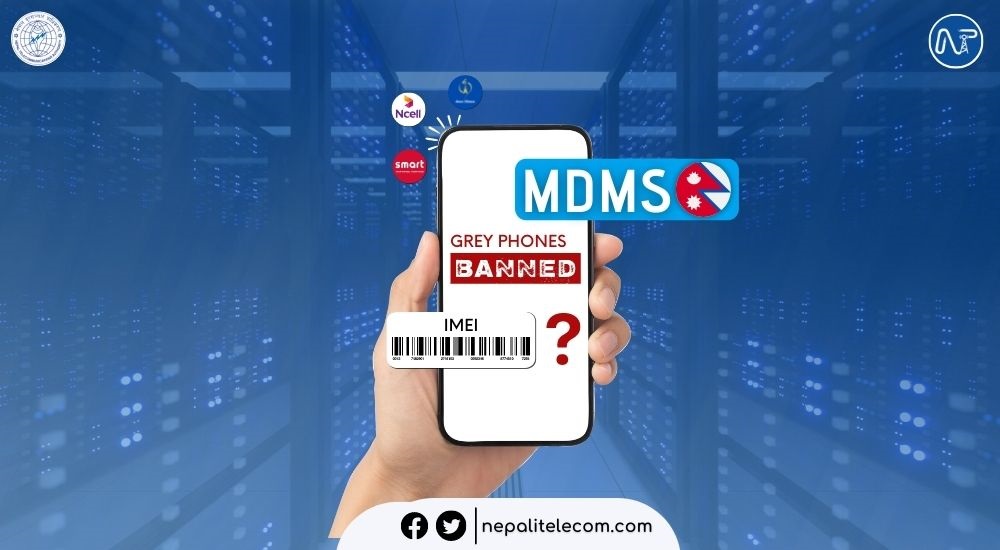
After the end of Ashar, unregistered phones won’t work in Nepal. NTA has listed phones as the grey phone which entered Nepal without their customs charges from Bhadra 30, 2079 to Baisakh 31, 2080.
The government has also allowed Nepalese who have worked for at least 6 months from the prospective country abroad to bring one more additional phone (2 in total) without excise duty at the customs as part of the full launch of MDMS from Jestha 1.
Policy for the security of electronic data
In his budget speech, the finance minister also announced that the government is going to formulate an electronic data security policy to organize the safe storage of stored data. Recently, the government drew ire and embarrassment after its server fault led to the loss of 4 lakh Lok Sewa data forcing the Public Service Commission to restart the application process.
Rs 7 billion for employment generation
To promote local production, entrepreneurship, and employment generation, the government will sanction Rs 7 billion. The funds will be used in ICT, tourism, micro, cottage, and small industries to create a sustainable independent economic system. The plan will be finalized within Shrawan in coordination with the local bodies.
No limit on foreign investment in the ICT sector
The government has removed the minimum limit for foreign investment in the IT industry in Nepal. This means foreign companies can inject money at any amount without restriction in Nepal’s digital technology sphere.
Also, companies established to import IT services will get a facility of up to 10% foreign currency exchange of its earning.
The FY 2080/81 commences from Shrawan 01, 2080 BS.
What was your main highlight from the budget speech for FY 2080/81 BS? Do share with us below in the comments.


